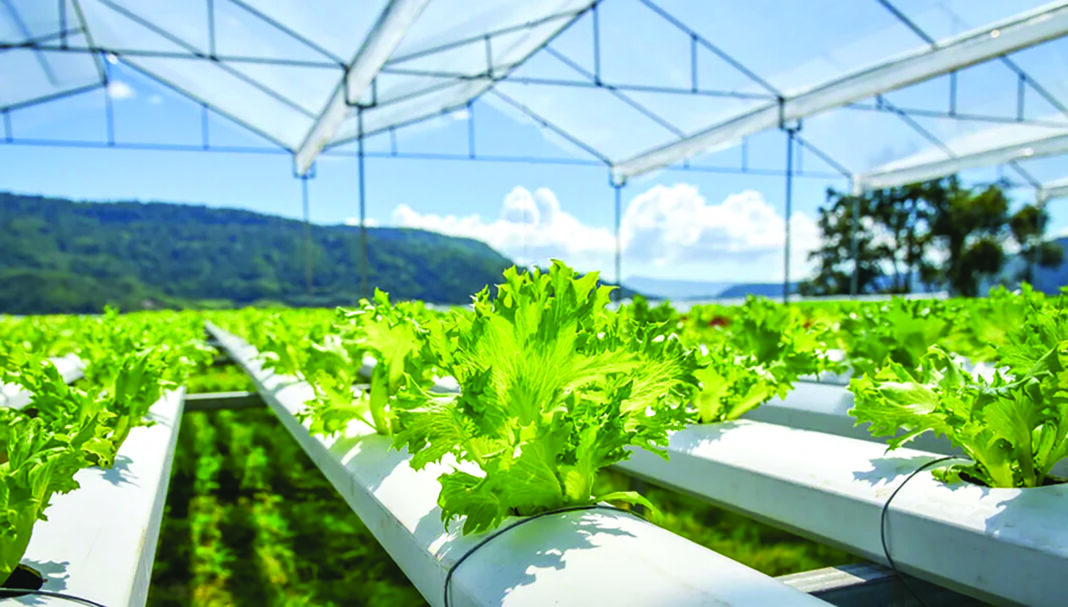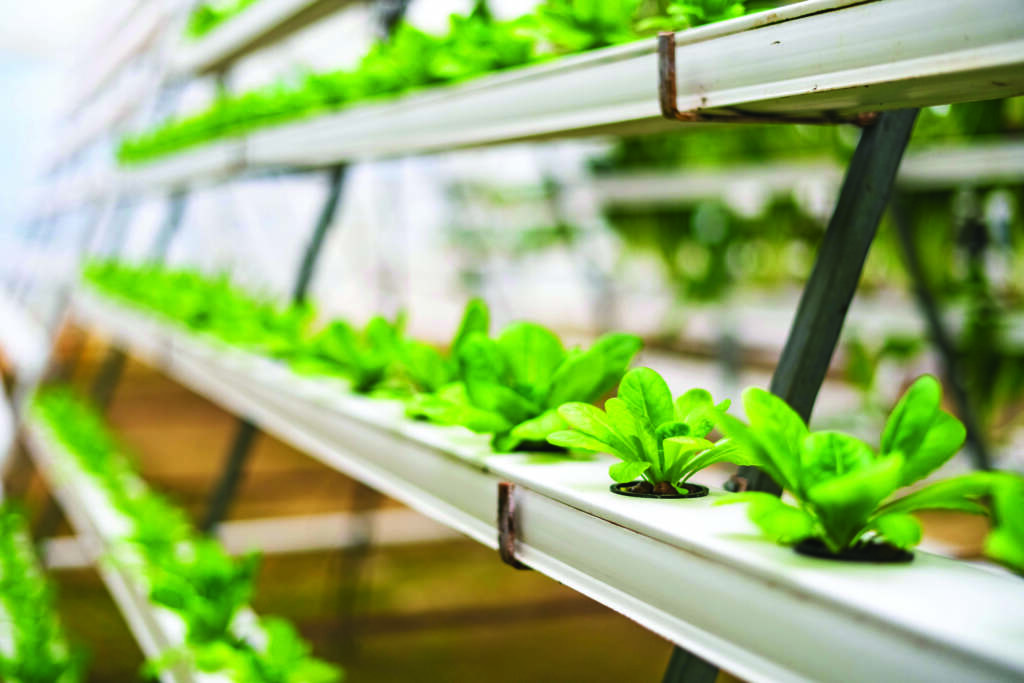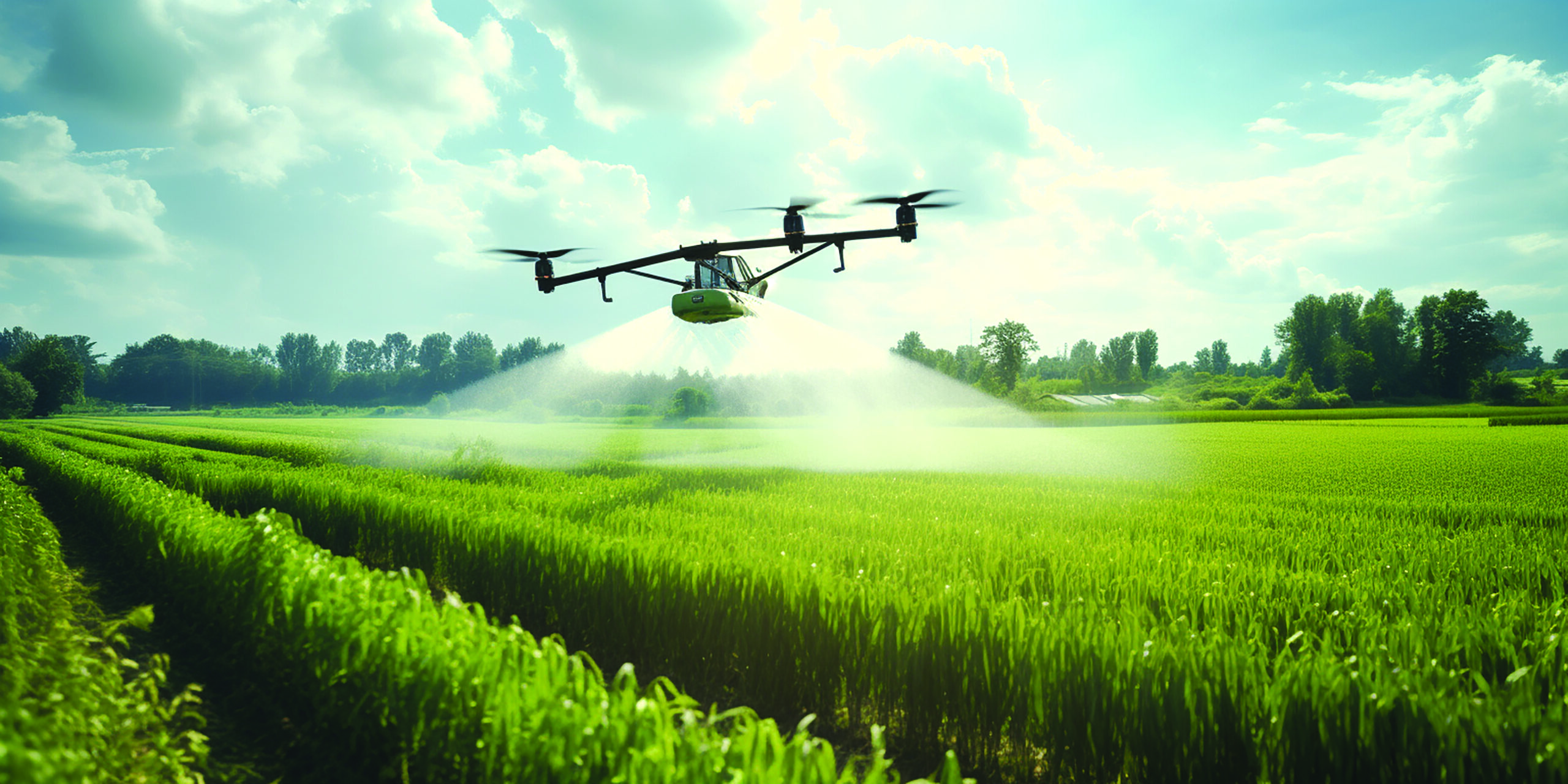You might have heard a lot of people talking about hydroponics lately as one of the farming methods of the future.
Environment News South Africa says our freshwater supplies are diminishing and with Mzansi’s population growth trends it is important that we minimise water use where possible, but still improve growth and yields from crops.
This is where hydroponics can play a vital role in changing the way we think about plant growth.
Byron Booysen, award-winning hydroponics farmer, says hydroponics is the smart technology of the future, enabling people to be part of agriculture and to produce crops that otherwise would not be able to be cultivated in their area.
Sounds like something we should all be looking into. But what exactly is hydroponic farming, and why is it seen as such a great alternative to traditional farming methods?
What is hydroponic farming?
Hydroponics, in basic terms, is using a medium other than soil to host the establishment of the roots of your plant, then using a form of drip irrigation or a water system that replaces the nutrients that you would normally get from the soil.
There are different growth mediums to use as a substitute for soil, the basic function of the growth medium is to anchor the plant roots, provide enough spaces for oxygen to enter and to put the roots in contact with the water and dissolved nutrients.
“Medium differs from coir to sawdust or rockwool,” says Booysen. “I use sawdust.”
Coconut coir is harvested from coconuts, and is one of the most used media in hydroponic culture. Its excellent root propagation and aeration properties, coupled with its adequate water retention, make it an ideal medium for hydroponic culture.
The nutrients necessary for the plants to thrive, which they would usually get from the soil, has to be applied manually to the irrigation system. All the nutrients plants need are dissolved in water and they are supplied to plants every day.
“This is done by using either a synthetic fertiliser, organic fertiliser or any other means of getting nutrition to the plant to succeed in its growth in optimal conditions.”
Many hydroponic farming operations in South Africa are done in greenhouses or under some form of protection from the outside environment.
According to Booysen hydroponics does not necessarily have to be in a controlled environment like a greenhouse, but you are manipulating the medium for the crops to succeed, so you might as well manipulate their environmental exposure as well.
Advantages and disadvantages of hydroponic farming
There are pros and cons in every venture you decide on starting, so let’s look at the flaws of hydroponics, but also the benefits that this farming practice provides.
Advantages
Here are the reasons why newer farmers are turning to hydroponics: hydroponics offers a higher yield in a small space, produces good quality produce, and you can do it anywhere.
“Hydroponic farming does not need a specific soil type or environment,” says Booysen. “Just a manipulative state for plants to succeed that you are in control of.”
The great thing about this is that you can cultivate a crop in an area that it is not generally suited for that crop and fill a gap in that local market. A vast variety of plants and crops are suitable to hydroponics, so you can pick and choose your flavour.
Disadvantages
Fertilisers used for hydroponics are purer (and more expensive) than other fertilisers to prevent precipitation and blockages of the system. This means that it is an expensive business to start, with high start-up infrastructure and input necessary before you can make an income.
Besides the high start-up cost, Booysen warns of the discipline needed to be a hydroponic farmer.
“You are at the mercy of your own discipline,” says Booysen. “Having total control of the environmental aspects puts a lot of strain on your team; hydroponics requires discipline regarding hygiene, fertilisation plans, health of plants and all the factors keeping your plants happy.
“If you are not succeeding in any of these aspects, it can lead to a disastrous yield or your crops failing.”
So, the fact that you are totally in control means you cannot rely on nature to save your crops by means of rain or sun or natural resources in the soil. For hydroponic farmers to be successful, it is important to be disciplined in your routine of irrigation and fertilisation.
Here is why Booysen chose hydroponics:
“I got into hydroponics because I did not have enough space for traditional farming methods to be economically viable for me.
“The infrastructure I use is greenhouses, so the initial start-up capital was high, but the fact that you can cultivate your crop vertically means you use less space and can have a high yield in a small area. This is an interesting prospect that made me go for hydroponics.
“I want to be a successful agripreneur with high value produce and have a high yield to be economically viable, which only hydroponics can offer to me.”
Tips for future hydroponic farmers
If you want to start hydroponic farming it is important to start small and to establish your market at the start, advises Booysen. You need a market to be able to sell your high yielding produce. Starting small allows you to learn the ropes of a hydroponics setup and find your feet in the market sector.
“I jumped into the deep end in the beginning,” says Booysen. “I learned a lot from it but I would advise new hydroponic farmers to engage in media and to read up on the basics of hydroponics.”
Another tip from Booysen is not to be scared to experiment with different crops in different environments. Being able to manipulate the microclimate and the environment of your crops makes for a really good place for experimentation. Those factors make it really exciting because you are always able to try something new.
“For me, hydroponics gives me that opportunity. When you see something new in the market then you can use ingenuity and be creative to solve a specific problem in the market and try to diversify. For me that is an extremely attractive fact about hydroponics.”
“You can plant green beans in the winter with hydroponics, whereas you cannot do that in traditional planting, especially in the Western Cape,” Booysen said. Other examples would be planting tomato cultivars and peppers during the winter.
“This can help you to diversify your crop, and by planting crops outside of their season you give yourself a chance to get better prices on the market.”
In summary, to all you future hydroponic farmers, take it slow, start small, and experiment with different types of crops.

Your Trusted Source for News and Insights in Lesotho!
At Newsday Media, we are passionate about delivering accurate, timely, and engaging news and multimedia content to our diverse audience. Founded with the vision of revolutionizing the media landscape in Lesotho, we have grown into a leading hybrid media company that blends traditional journalism with innovative digital platforms.












